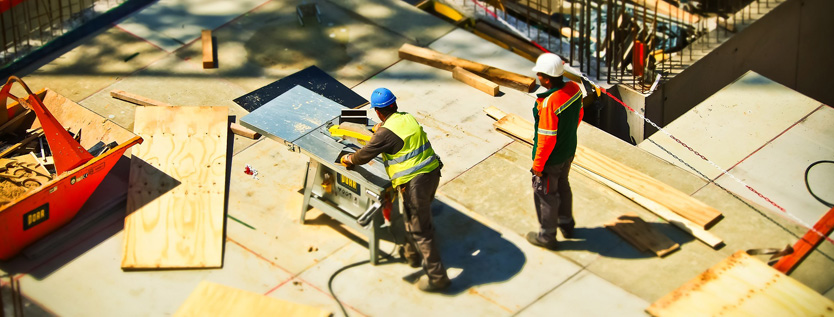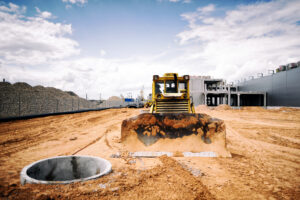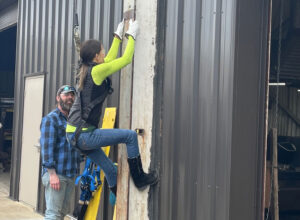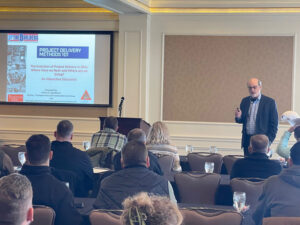When it comes to commercial projects, time is usually of the essence. Completing the project in a timely manner can be critical to the organization that has commissioned it, and construction delays can have a major impact on operations and profitability.
Potential project delays can stem from a wide variety of root causes, and if not addressed properly and efficiently, they can get out of hand quickly. Long lead times and construction cost overruns are the last things a business owner wants to deal with when thinking about the investment in their facility.
Most project managers and stakeholders would rather avoid any significant delays in the construction process altogether. While some unforeseen obstacles may be beyond a commercial contractor‘s control, many common construction delays can be prevented by making the right decision in the early stages of the project schedule.
Types of Delays in The Construction Industry
There are a large number of potential issues that can cause delay in a construction schedule. Some are minor and able to be resolved quickly. Others can be more impactful, requiring significant modifications to the timeline, and major delays can result in substantial additional costs.
Overcoming a given hurdle on the job site has its own obvious cost, but concerns can run much deeper than that for the client. For example, a retailer that is forced to push back their grand opening by six months can realize a considerable loss of earnings due to their inability to generate the revenue they had projected.
Construction project delays generally fall into two distinct categories, based on the source of and reason for the delay.
Excusable Construction Delays
Excusable delays are delays that result from circumstances beyond the control of project management and general contractor. Some of the most typical examples include the following:
- Change orders from the owner
- Errors in project specs or shop drawings
- Unforeseen obstacles with the project property
- Delays in permitting from the municipality or other government agencies
- Weather-related challenges or natural disasters
Non-Excusable Construction Delays
Non-Excusable delays are considered to be reasonably foreseeable and within the commercial contractor‘s control. Most importantly, this means they could potentially be prevented. Below are several examples of non-excusable delays:
- Poor/erroneous planning or scheduling
- Failure to obtain construction materials, tools, or equipment in a timely manner
- Quality issues that require correction
- General late/slow performance
- Failure to begin the project on schedule
For a variety of reasons, the COVID-19 pandemic has had an impact felt throughout the construction industry. In fact, Construct Connect created an online database to track COVID-19-related delays in the United States and Canada. Contractors have been forced to adjust the way they operate, and in some cases, delays have been inevitable. Many of these instances would certainly fall into the category of “excusable” delays.
Critical Construction Delays
With so many components and moving parts in a given project, it’s easy to see how delays can happen when construction is not proactively managed.
It’s the responsibility of the general contractor and quality subcontractors team to ensure that all reasonable measures are taken to prevent issues. When they do happen, the immediate assessment must determine whether they are classified as “critical” delays. A critical delay is one that will be of a large enough magnitude that the projected completion date must be pushed back.
It’s possible for seemingly small issues to snowball, as a delay in one area of the project can affect several others. Whether the initial cause of the delay was excusable or not, a reliable general contractor should be swift and decisive in formulating solutions, so as not to allow the problem to get out of hand.
Preventing Project Delays
Many commercial contractors employ project planning and scheduling using the Critical Path Method, a system designed to analyze all the steps and components of the project and determine optimal workflows. This assists the contractor in laying out the order in which the various tasks should be completed, assess the time required for each task, and calculate the overall schedule for the project.
Of course, it’s also important to identify potential hurdles and complications, so contingency plans can be accounted for to minimize the impact of any deviation or adjustment during the process.
Building With Trusted Construction Professionals
Perhaps the most important thing a business owner can do to ensure their project timeline is not vulnerable to critical delays is to work with the right general contractor and subcontractors. Construction professionals that are reliable and have proven their ability to meet deadlines are obviously going to offer the most peace of mind when it comes to your project timeline. Be sure to ask for references you can speak with to confirm the contractor’s ability to communicate and execute on schedule.
Professional trade associations like The Builders Association of Eastern Ohio and Western Pennsylvania are organizations designed to be a source of information on crucial resources for commercial construction projects. These organizations have a membership of skilled craftspeople across the full spectrum of trades and provide training, education, and networking to ensure their members are the most qualified and trustworthy in the industry.
If you have a commercial construction project on the horizon, make sure you’re familiar with the common causes of construction delays and the best ways to avoid them. Remember, working with reputable professionals will always put you in the best position for success. If your project is in eastern Ohio or western Pennsylvania, check The Builders Association Member Directory for a list of qualified companies for any job.
